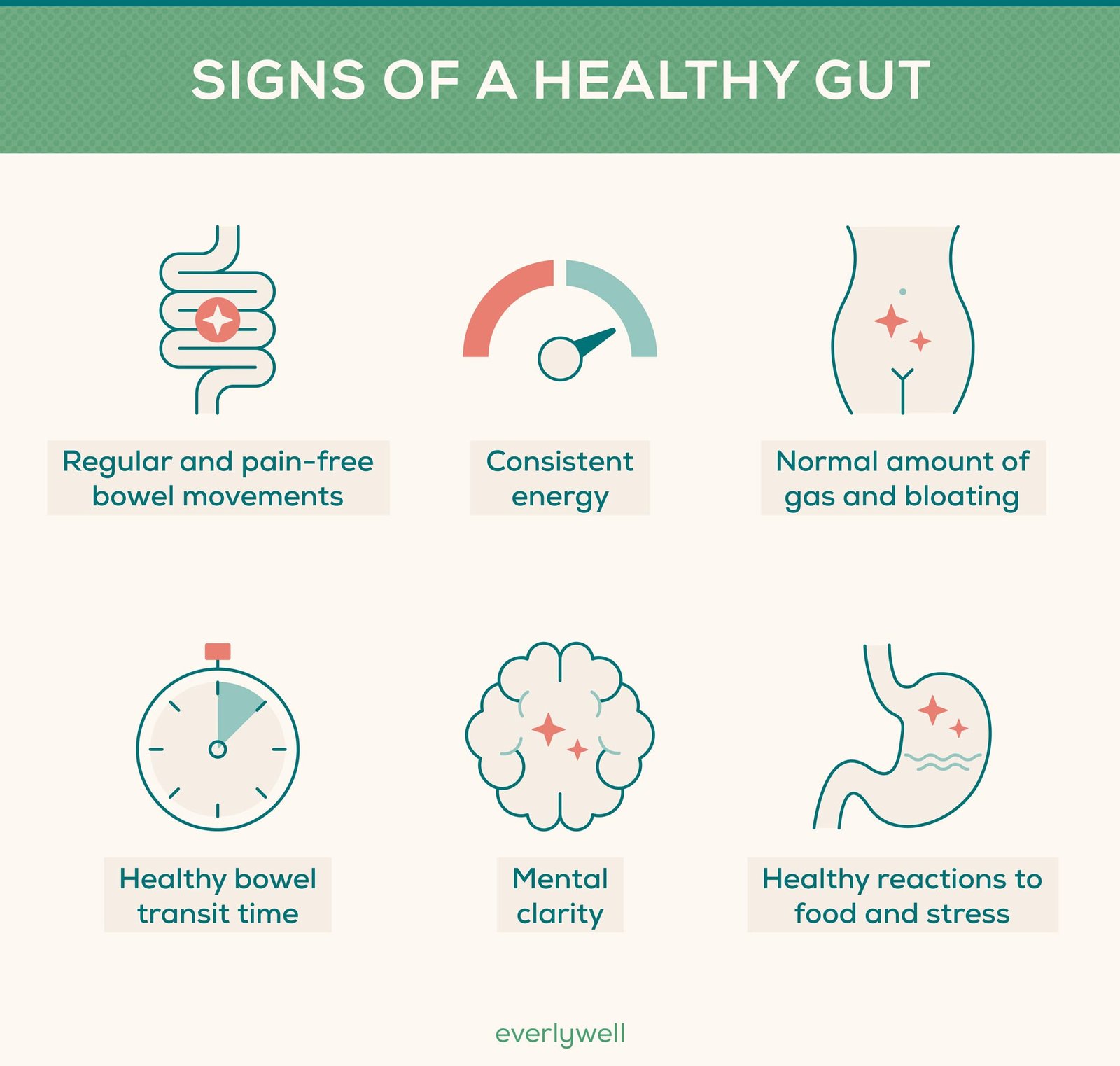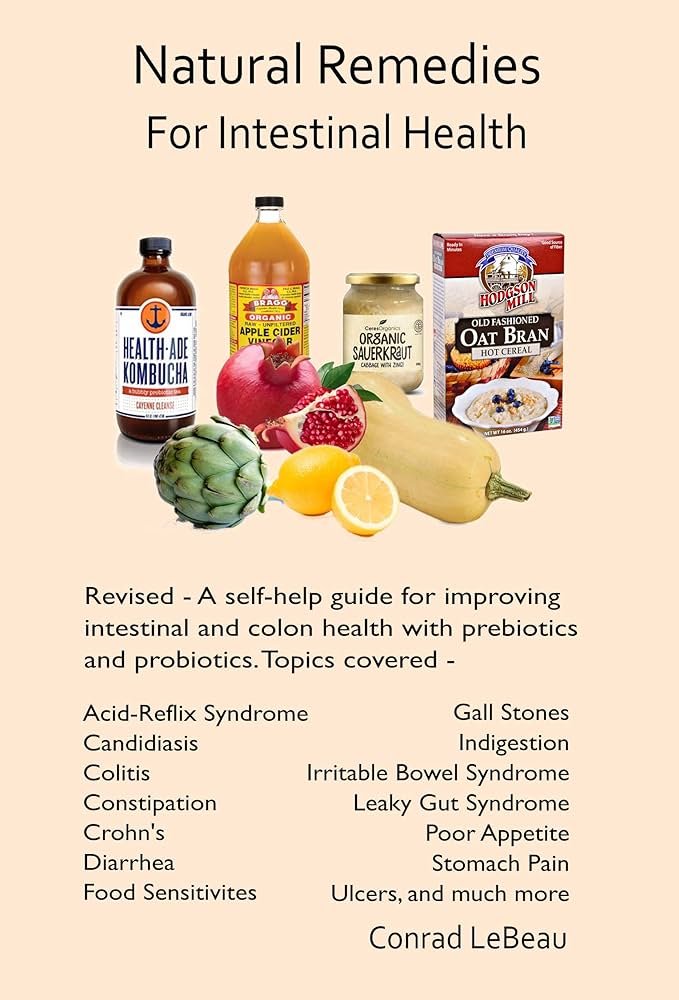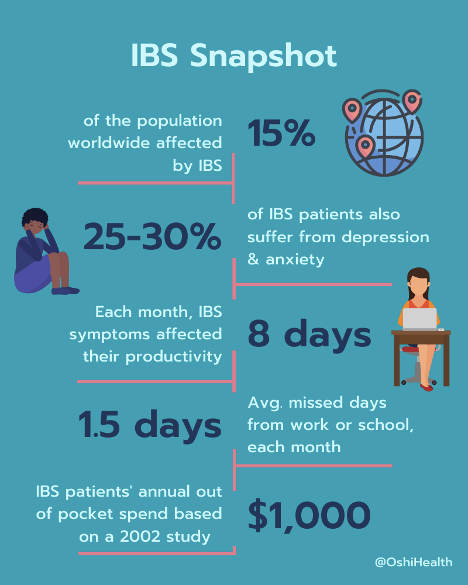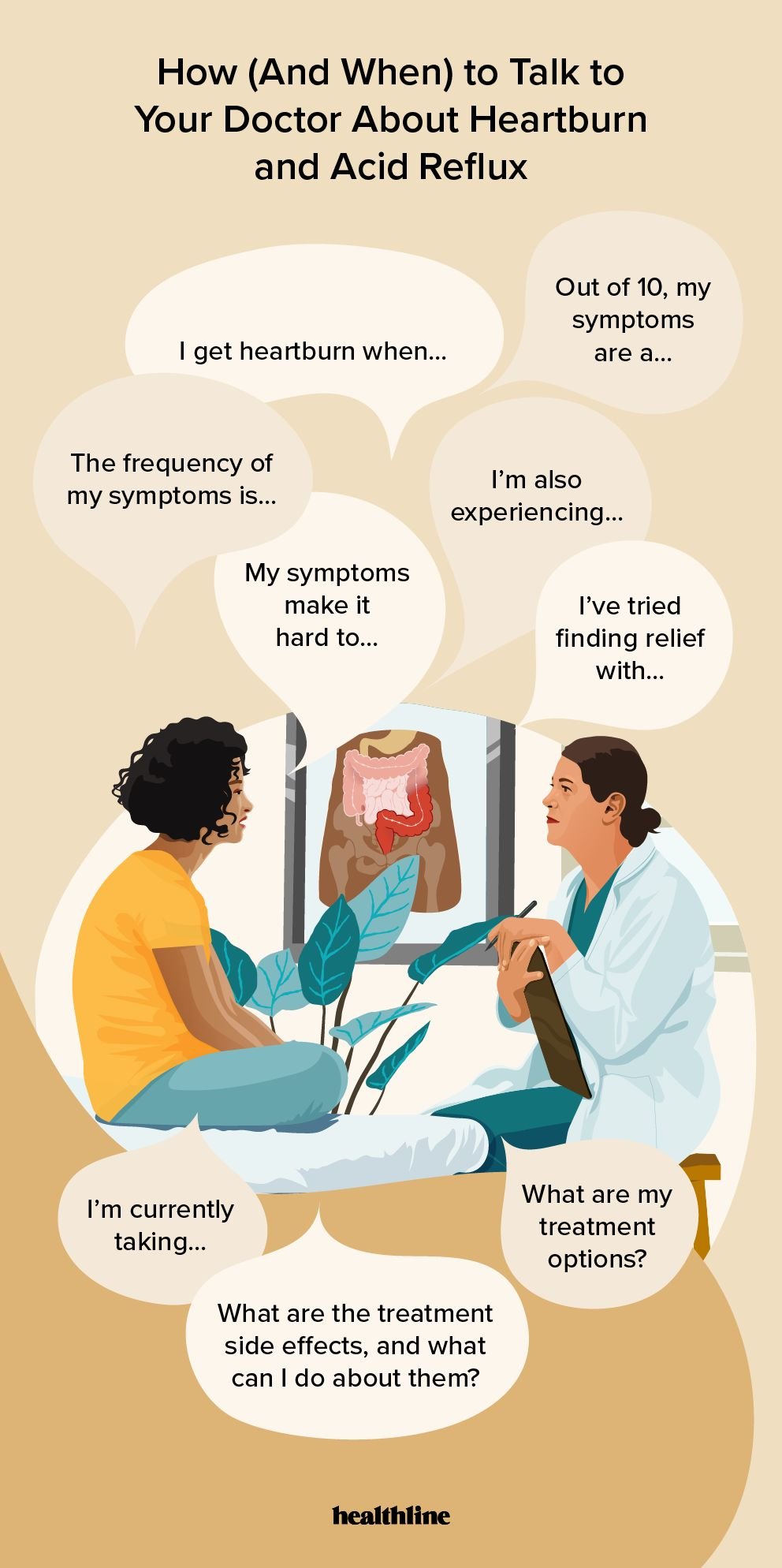Your gut is more than just a digestive organ—it’s home to trillions of microbes that regulate immunity, metabolism, and even mood. When your gut is in balance, you feel energetic, digest food smoothly, and enjoy overall wellness. But when it’s out of balance, the symptoms can show up in surprising ways—from bloating to brain fog.
In this article, we’ll cover 10 warning signs of poor gut health and practical strategies to fix them.
1. Frequent Bloating and Gas
Occasional bloating after a heavy meal is normal. But if you feel bloated daily or struggle with excessive gas, it may indicate imbalanced gut bacteria or food intolerances.
Fix: Keep a food diary, increase fiber slowly, and try adding probiotics or fermented foods like yogurt and kimchi.
2. Irregular Bowel Movements
Constipation, diarrhea, or alternating between the two are classic signs of gut issues. A healthy gut typically produces soft, well-formed stools once or twice daily.
Fix: Stay hydrated, eat fiber-rich foods (fruits, veggies, oats), and avoid excessive processed foods.
3. Food Intolerances and Sensitivities
If you feel discomfort after eating dairy, gluten, or certain carbs, your gut may lack the right enzymes or microbes to digest them.
Fix: Work with a nutritionist to identify trigger foods. Temporary elimination diets (like low-FODMAP) can help, but reintroduce foods gradually to maintain diversity.
4. Unexplained Fatigue
Did you know your gut makes about 90% of your serotonin, a neurotransmitter tied to energy and mood? An unhealthy gut can disrupt sleep cycles, nutrient absorption, and energy levels.
Fix: Improve sleep hygiene, manage stress, and eat magnesium- and B-vitamin-rich foods for energy support.
5. Brain Fog and Mood Swings
Poor gut health is linked to anxiety, depression, and lack of focus through the gut-brain axis. Imbalanced microbes may alter neurotransmitter production and increase inflammation.
Fix: Prioritize omega-3s (from fish or flaxseeds), fermented foods, and mindfulness practices to lower stress.
6. Frequent Infections or Low Immunity
Since about 70% of your immune system resides in the gut, imbalances can weaken your defense against colds and infections.
Fix: Strengthen immunity with probiotic foods, vitamin C, zinc, and adequate sleep.
7. Skin Issues (Acne, Eczema, Rosacea)
Skin flare-ups can often trace back to poor gut health and systemic inflammation. This is sometimes called the gut-skin axis.
Fix: Reduce processed sugar, eat anti-inflammatory foods (berries, turmeric, green tea), and restore gut balance with probiotics.
8. Sugar Cravings
Imbalanced gut bacteria may fuel cravings for sugar, which in turn worsens the imbalance—a vicious cycle.
Fix: Cut back on refined sugar, replace with fiber-rich fruits, and drink plenty of water to reduce cravings.
9. Weight Fluctuations
Unintentional weight gain or loss without major lifestyle changes can signal gut dysfunction. Poor absorption, chronic inflammation, or altered hormones are common culprits.
Fix: Focus on a balanced diet with protein, healthy fats, and fiber. Limit processed food and alcohol.
10. Bad Breath (Halitosis)
Persistent bad breath may point to bacterial overgrowth in the gut or poor digestion.
Fix: Practice good oral hygiene, but also improve gut health with fiber, hydration, and probiotics.
How to Fix Gut Health: The Big Picture
- Eat more fiber – aim for 25–35g daily.
- Add probiotics and prebiotics – yogurt, sauerkraut, kefir, garlic, onions.
- Stay hydrated – water helps digestion and elimination.
- Reduce stress – meditation, yoga, or deep breathing.
- Sleep well – poor sleep harms gut bacteria.
- Exercise regularly – movement supports a diverse microbiome.
- Limit antibiotics – only take when medically necessary.
Conclusion
Your gut health influences almost every aspect of your well-being—from digestion to immunity, weight, and even mental health. By recognizing these 10 warning signs and making small lifestyle changes, you can restore balance and enjoy lasting vitality.
✅ References:
- Harvard Health – 5 ways to improve gut health
- Frontiers in Microbiology – Human Gut Microbiota in Health and Disease
Frequently Asked Questions (FAQs) About Gut Health
1. How do I know if my gut is unhealthy?
Look for symptoms like bloating, irregular bowel movements, food sensitivities, fatigue, mood swings, frequent infections, and unexplained weight changes. If these persist, it’s worth consulting a doctor.
2. Can gut health affect mental health?
Yes. The gut-brain axis connects your digestive system and brain. Poor gut health can influence neurotransmitter production (like serotonin and dopamine), increasing the risk of anxiety, depression, and brain fog.
3. What are the best foods for gut health?
- High-fiber foods: fruits, vegetables, legumes, whole grains
- Fermented foods: yogurt, kefir, kimchi, sauerkraut, miso
- Prebiotic foods: garlic, onions, asparagus, bananas
- Anti-inflammatory foods: fatty fish, turmeric, green tea
4. Can probiotics fix gut health problems?
Probiotics can help restore microbial balance, but they are not a cure-all. Their effects depend on the strain and individual gut condition. A balanced diet with fiber and fermented foods often works better than supplements alone.
5. How long does it take to heal your gut?
It varies. Small improvements (less bloating, better digestion) can happen in a few weeks if diet and lifestyle changes are consistent. For chronic gut issues, it may take months of sustained effort and professional guidance.
6. What habits damage gut health?
- Overuse of antibiotics
- Eating a high-sugar, low-fiber diet
- Chronic stress
- Poor sleep patterns
- Excessive alcohol or smoking
- Lack of exercise
7. Can stress really upset the gut?
Absolutely. Stress alters gut motility, increases inflammation, and disrupts microbial balance. Stress management techniques like yoga, meditation, or deep breathing can support gut health.
8. Does drinking water help gut health?
Yes. Staying hydrated helps move food through the intestines, prevents constipation, and supports overall digestion.
9. What’s the difference between probiotics and prebiotics?
- Probiotics are live beneficial bacteria found in foods or supplements.
- Prebiotics are fibers that feed these good bacteria and help them thrive.
Both are essential for a balanced gut.
10. Should I see a doctor about gut health problems?
Yes—if you experience severe or ongoing symptoms like persistent diarrhea, blood in stool, chronic constipation, or unexplained weight loss, you should seek medical evaluation to rule out serious conditions.
Read more: How to Protect Yourself from Seasonal Flu and RSV?




